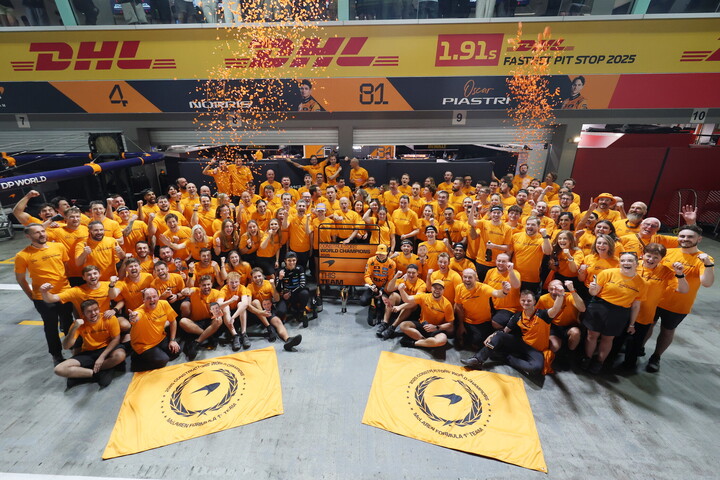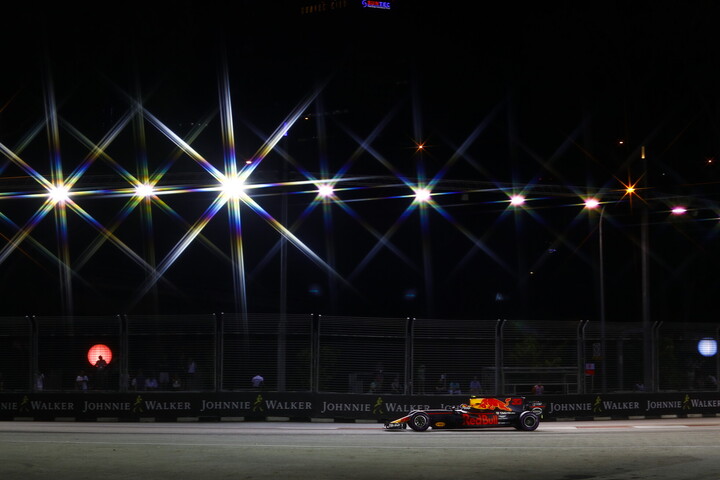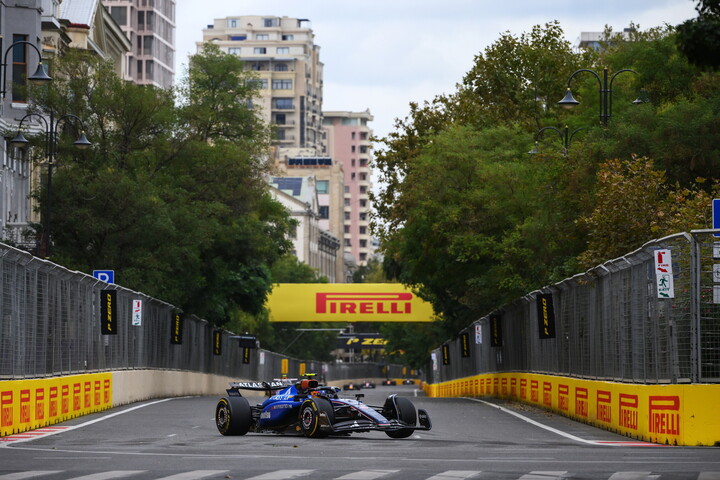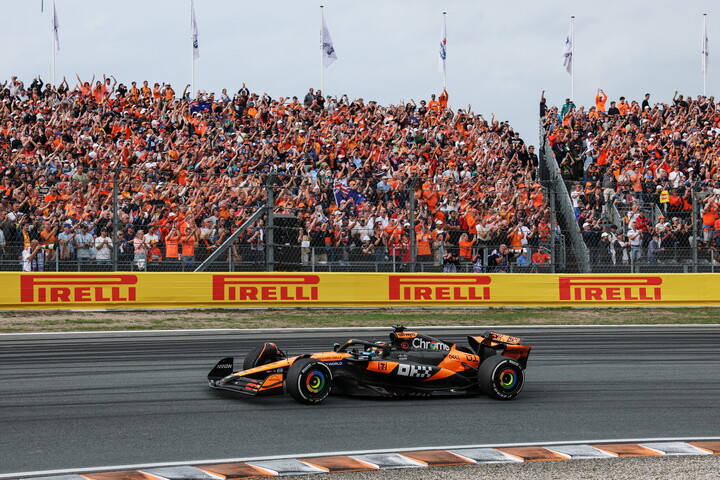How important is the Sprint?

We are now in the fifth year of the Sprint format, introduced in 2021 as a simple appetiser to the main event, its finishing order establishing the grid for the Grand Prix, which was also the case in 2022. As from 2023, it was elevated to the status of a standalone event, with its own qualifying session, so that it had no official impact on Sunday's race. To date, there have been 19 Sprint races, with victory in 11 of them going to the man who has also been crowned world champion in every year since the short race format first came into being, namely Max Verstappen.

But does the result of the Sprint impact the outcome of the Grand Prix? And does Saturday's winner go on to repeat that performance on Sunday? Let's see what the stats say. In only ten of the 19 Sprint weekends has the same driver won both the short and the long race, but it's not been the case in the six most recent events. The last person to do the double was, somewhat inevitably, Verstappen in Shanghai last year. Of course, the variables are down to the hierarchy in any particular season. This explains why the highest incidence of Saturday-Sunday double wins occurred in five of the six Sprint events held two years ago, when Red Bull Racing was the dominant force, winning all but one of the 22 Grands Prix. The team run by Christian Horner only missed out in Qatar. That win went to Oscar Piastri for McLaren, followed home by Max Verstappen, only for those positions to be reversed a day later.

Another factor which no doubt has led to a greater variety of outcomes was the change to the regulations introduced last year, which allowed teams to work on the cars from the end of Saturday's Sprint to the start of qualifying that same afternoon. Added to this is the fact the top teams have been far more closely matched in terms of performance, as from this Miami round last year. Combine the two factors and being able to fine-tune car set-up can improve, or even worsen performance, thus creating more opportunities for a different hierarchy for the main event on Sunday.
It's interesting to note that in Max's case, when he wins the Sprint, he almost always goes on to win the next day, something that has happened eight times out of 11. It's a different matter when other drivers have come out on top in the short race. There have been six other winners and only Russell in Brazil in 2022 and Perez in Baku in 2023, have gone on to do the double. None of the remaining four succeeded, they being Bottas and Piastri with two Sprint wins under their belts and Hamilton and Norris with one each.

Aside from F1, it's two feeder-series, Formula 2 and Formula 3, run a Sprint race at every round of their championships, however there is only one qualifying session for each category, with their Sprint grids reversing the top ten order from the qualifying sessions. Looking at MotoGP, a series with a format that closely resembles that of Formula 1, the top two-wheeled racing category imitated F1 as from 2023, going even further, as there is a now a MotoGP Sprint on Saturday afternoon at every round, followed by the main race on Sunday.
Of the 44 MotoGP events, apart from Australia 2023, when the Sprint was cancelled because of bad weather, Saturday's winner has only gone on to win on Sunday 19 times, leaving 25 rounds with two different winners. While on four wheels, the King of the Sprint is Verstappen, his opposite number on two wheels is Spain's Jorge Martin, winning 16 of the 39 he has contested. It's interesting to note that the 2024 world champion has won more short format races than actual Grands Prix, with only eight of those on his record.




